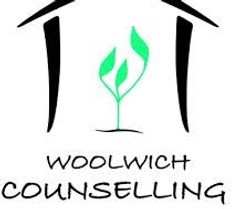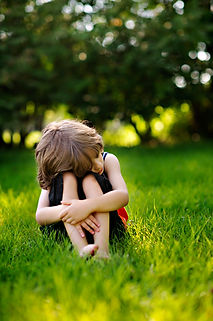
Spotlight on:

Woolwich Counselling Centre (WCC), Executive Director, Mary Wilhelm graciously took the time to provide me with an in-depth background of the critical work her agency provides for women and children in the rural areas of the Waterloo Region particularly the townships of Woolwich and Wellesley. Mary explained that WCC a, non-profit organisation, does its utmost to provide the highest quality of services to women, children, and families of all ages, cultures, and ethnicities.
Counsellors within the agency hold graduate degrees from accredited universities and are registered therapists. Fees for services provided by the WCC are geared to income, and are based on a sliding scale, and no person seeking service is turned away for economic reasons. Mary wished to highlight that the agency specializes in child therapy. They work with children and youth ages five and up, and offer clinical services to a large number of children and youth throughout the Region. Part of the WCC’s funding is provided through the Ministry of Ontario, Violence Against Women program, and the agency provides exceptional support to women and children affected by intimate partner violence.
The WCC is involved in many on-going collaborative projects and is particularly proud of their
partnership with Women’s Crisis Services of Waterloo Region. Part of their collective planning
is to provide critical support to women and children affected by intimate partner violence.
Their unique approach has achieved significant success for many women and children whom
they serve. Women’s Crisis Services has designated one consistent shelter counselor to
regularly travel to Elmira to assist rural women connect to the much needed women’s shelter
in the city. Mary explained that this allows for a much quicker and stronger alignment of
services for abused women and children, and enables a much more efficient allocation of
resources and a smoother transition into shelter supports for women and children.
Mary acknowledges that violence against women work can be very difficult as a result of high
rates of recidivism, which trap women and children in a seemingly endless cycle of violence.
She stated that it can be challenging to empower women and allow them to understand that
they deserve safety, especially amongst a culture that has done little to empower women.
Safety concerns for sheltered women and support staff are an additional concern as abusive
partners can and have shown up unannounced to housing and shelter services. However, Mary
has declared her steadfast commitment to the work conducted by herself and her agency,
exclaiming that with persistence, patience, and understanding, life altering, and lifesaving work
can be done within this field. She firmly believes in evoking a very comfortable and inviting
space within her agency, at all times, and for all those who they serve.
Mary stated that she agreed when asked “do you think feminism as a theoretical foundation/philosophy has shifted within the violence against women sector?” She stated that she believes there is a greater understanding, from the training and increasing empirical evidence, that men need to be included in this process. Moreover, violence against women is not just a women’s issue, it is a family issue, and men need to be included in solutions. Mary explained that feminism is “a philosophy of safety and full rights f or everybody and every gender.” Moreover, she believes that a feminist framework has shifted into a more liberating and inclusive philosophy.
Mary acknowledged that she believes that violence against women work is political in nature. She stated that it should continue to be this way until equality has been established and a more balanced society it evoked. Mary suggested that given the current climate of our culture, with campaigns such as #MeToo and Time’s Up, this critical work is highly political and must remain so. Mary explained that women must continue to speak out about their victimization, and that, in itself, is empowerment evoking political change and culture.
For her hopes regarding a Violence Against Women Forum for the Central Region of Ontario, Mary highlighted her wishes for continued collaboration for the betterment of all agencies and services. She stated that she would be very grateful for opportunities to share information amongst agencies in order to continually enhance the supports that abused women and children so desperately need. As best practices continue to evolve, Mary stated that she is excited to work together in order to enhance support for survivors and to present a united front in the fight to end violence against women.



